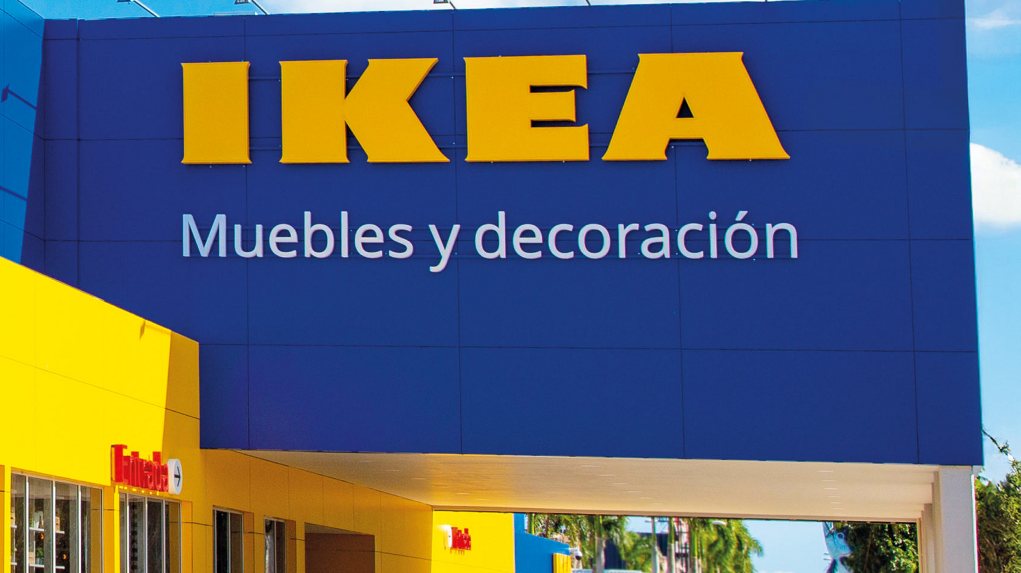Q COSTARICA — A new measure has been taken to increase control over imports from outlet stores, aduanas (customs) detaining all containers to verify compliance with regulations.
Business closures, product seizures, and criminal charges will be part of the measures against those who break the law in the trade of imported goods.
The Treasury confirmed that more than 480 outlet importers, both formal and informal, will be impacted by the announced controls and sanctions.
Weak customs oversight allows containers packed with products considered “garbage” elsewhere to enter Costa Rica and end up for sale in outlet stores.
Government officials have admitted this. When 23 outlets were inspected last May, only one had all the required permits and provided proper user protections, such as accurate product labeling and warranties. Meanwhile, two outlets were shut down, and their unregistered goods were seized.
“Customs must fulfill its duty, and whoever brings in the container has to wait. Those bringing it should be concerned; there will likely be criminal charges and legal protection appeals,” stated Juan Carlos Gómez Sánchez, Director General of Aduanas, who warned that the process will be rigorously enforced.
The director clarified, “The objective is clear: to combat smuggling, protect the formal economy, and guarantee fair conditions for all merchants. It’s about enforcing the law, but also defending those who do comply. Unfair competition affects the entire commercial chain and the end consumer.”
The Treasury’s offensive is not limited to customs controls.
A new sanction went into effect on August 15th, establishing the temporary closure of establishments for 15 calendar days when non-compliance with regulations is detected.
This includes confiscation of merchandise and administrative sanctions for resistance.
In addition to Customs and Taxation, the Ministry of Health and the Ministry of Economy, Industry, and Commerce (MEIC) are participating in the operations in a coordinated effort to ensure compliance with the regulations.
The Costa Rican Chamber of Foreign Trade and Representatives of Foreign Trade Companies (CRECEX) backs the Ministry of Finance and the General Directorate of Customs application of tighter controls on imports by outlet stores.
CRECEX sees these steps as necessary to make sure customs rules are properly followed, to crack down on issues like under-invoicing, and to guarantee that goods are accurately classified and declared.
For CRECEX, open and fair trade means everyone plays by the same rules. This keeps the market level and protects importers who meet their legal responsibilities from unfair competition.
The Chamber also emphasizes the need for traceability and thorough documentation throughout the import process. This approach helps build legal certainty, improves tax collection, and strengthens consumer trust.
Costa Rican imports reached a volume of US$23.7 billion in 2024, according to data from the Ministry of Foreign Trade (COMEX). Import trade represents 32% of the country’s Gross Domestic Product (GDP), making customs operations a critical component of the economy.
Source link
Rico



